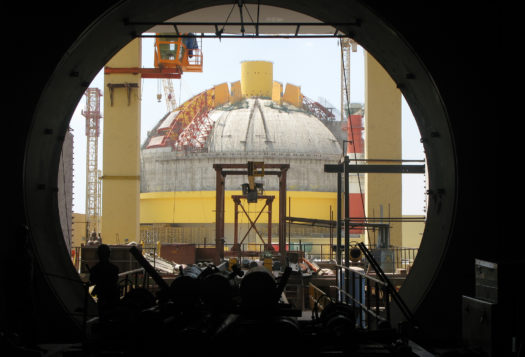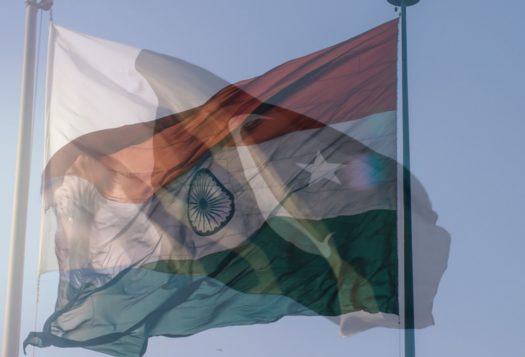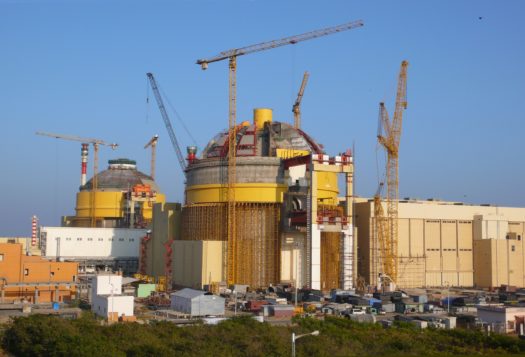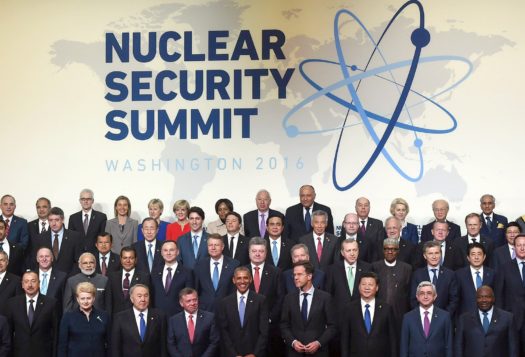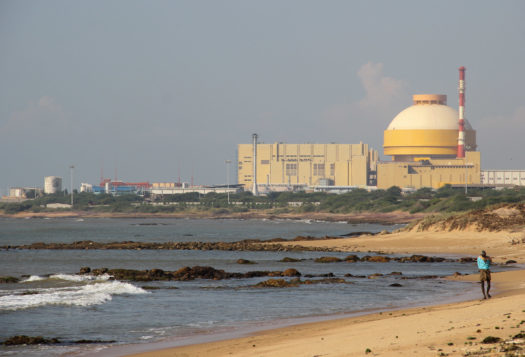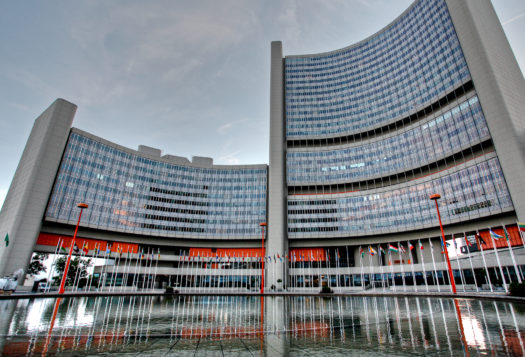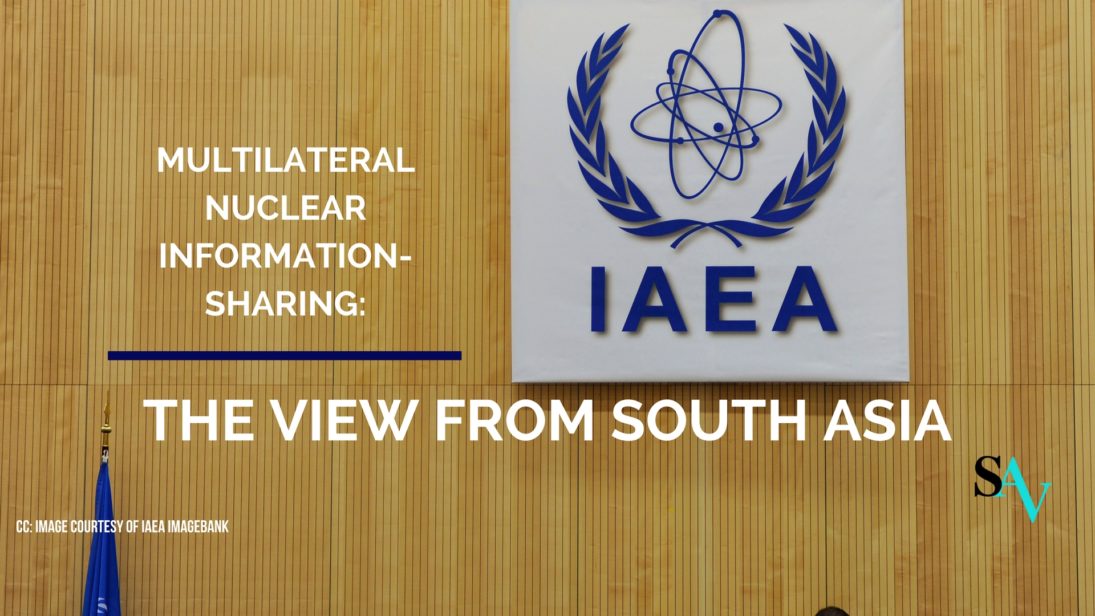
Policy debates around participation in multilateral information-sharing mechanisms highlight fundamental tensions in nuclear-armed states between safety, national security, and international security. Assuring other states that fissile materials are securely managed against the global threats of illicit proliferation and nuclear terrorism is a widely recognized priority. Yet, there are compelling safety and security incentives for nuclear-armed states to keep information about their fissile material stocks secret. In South Asia, these tensions are further complicated by the unique histories of nuclear weapons in India and Pakistan and South Asian participation in global nuclear governance. Are voluntary information-sharing mechanisms regarding sensitive nuclear issues valuable?
In this SAV series, Muhammad Faisal, Maimuna Ashraf, Hina Pandey, and Pooja Bhatt respond to a recent paper by nuclear scholars Sharon Squassoni and Cindy Vestergaard. The paper proposes that South Asian nuclear-armed states voluntarily report their civilian plutonium holdings through participation in an existing multilateral mechanism, the Guidelines for the Management of Plutonium or INFCIRC/549. Contributors assess whether and how participation in multilateral information sharing on nuclear materials can enhance and/or hamper Indian and Pakistani national interests.
